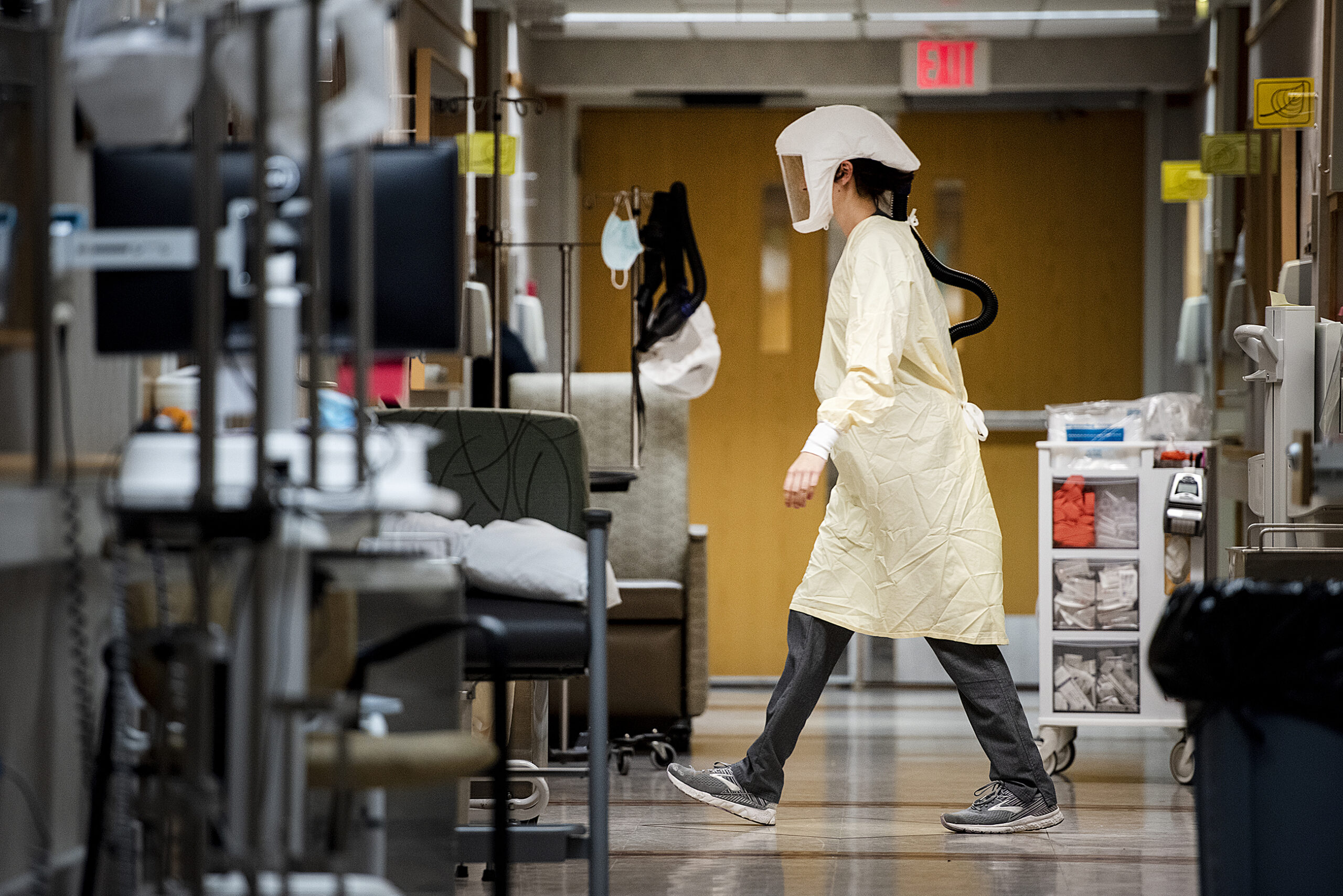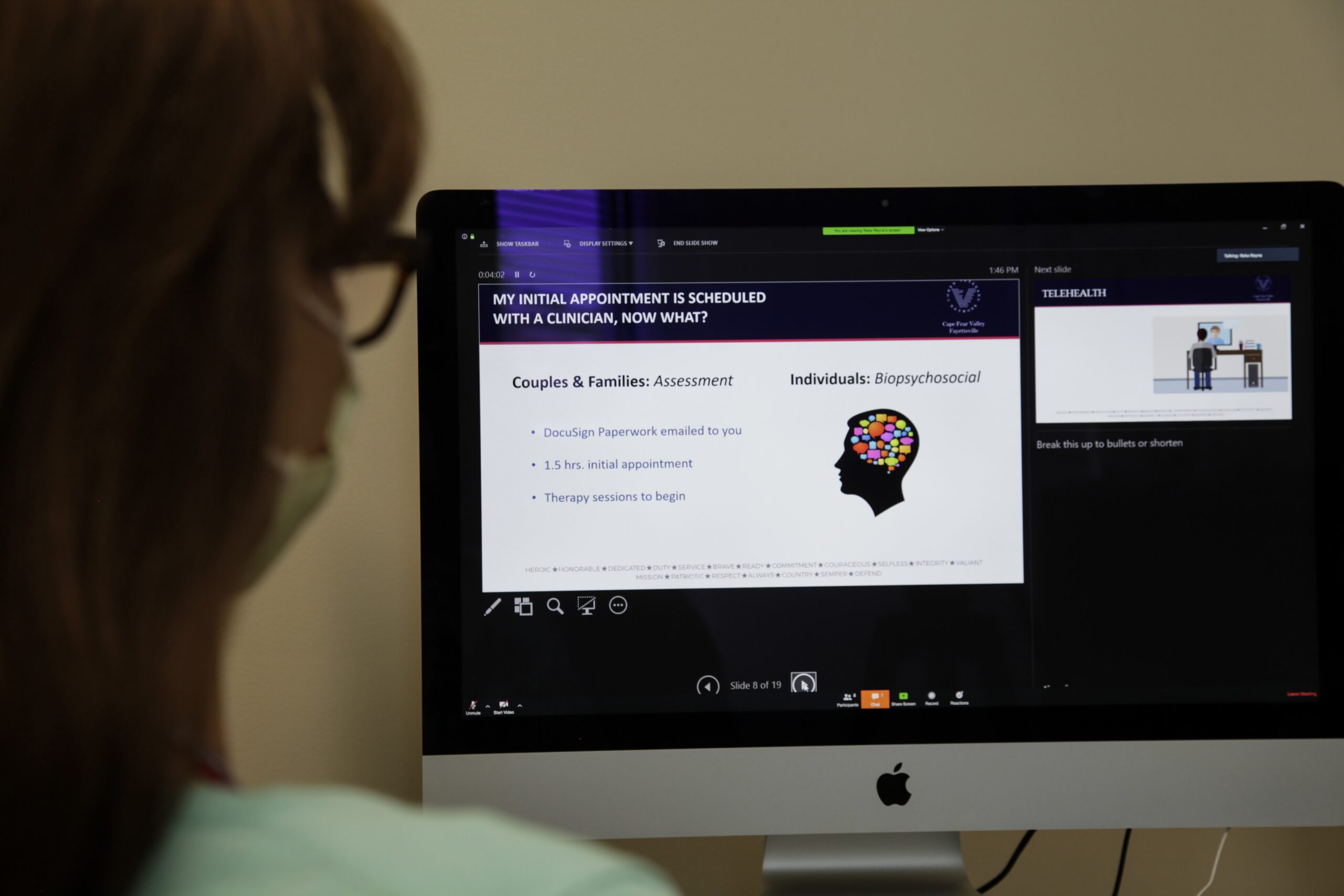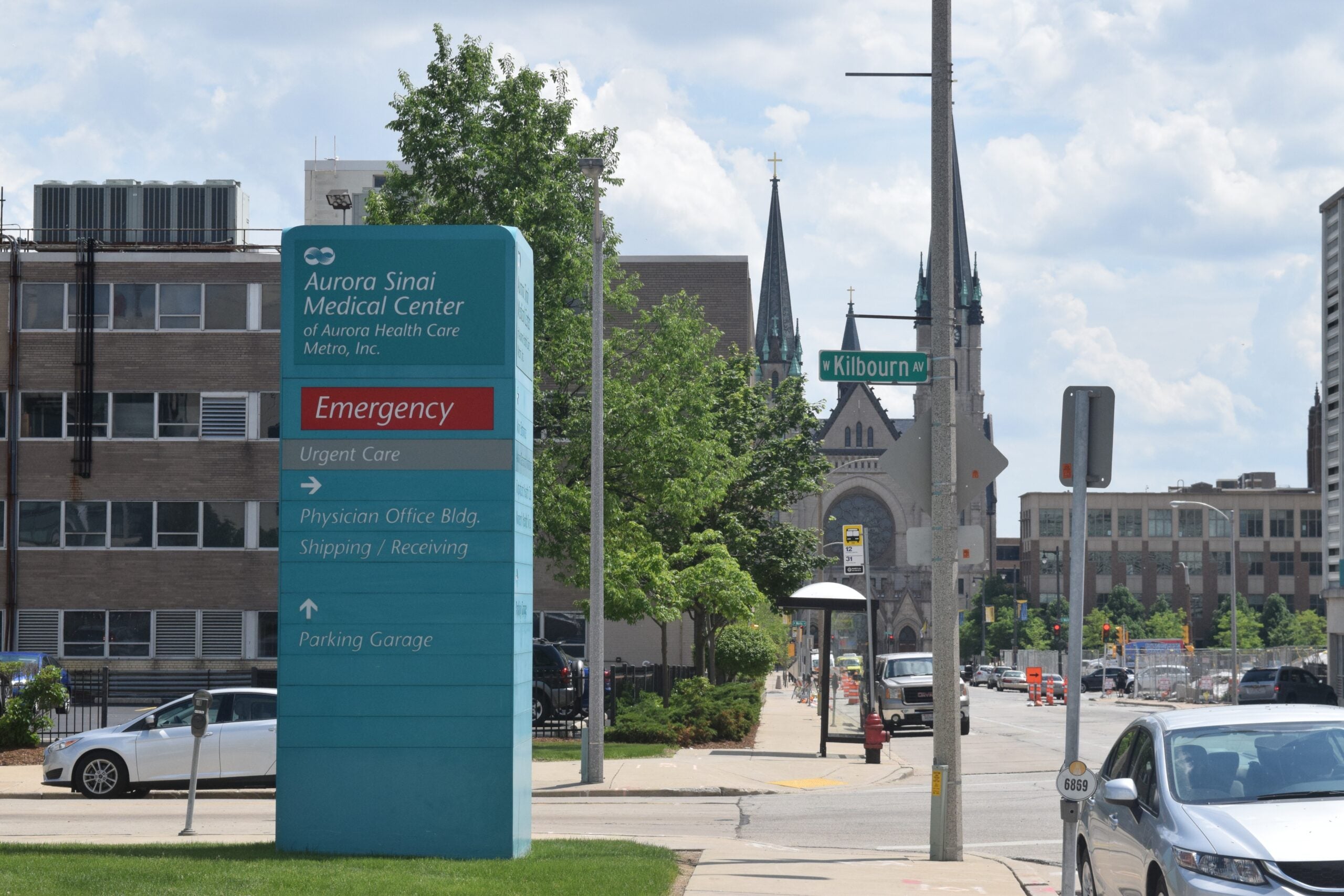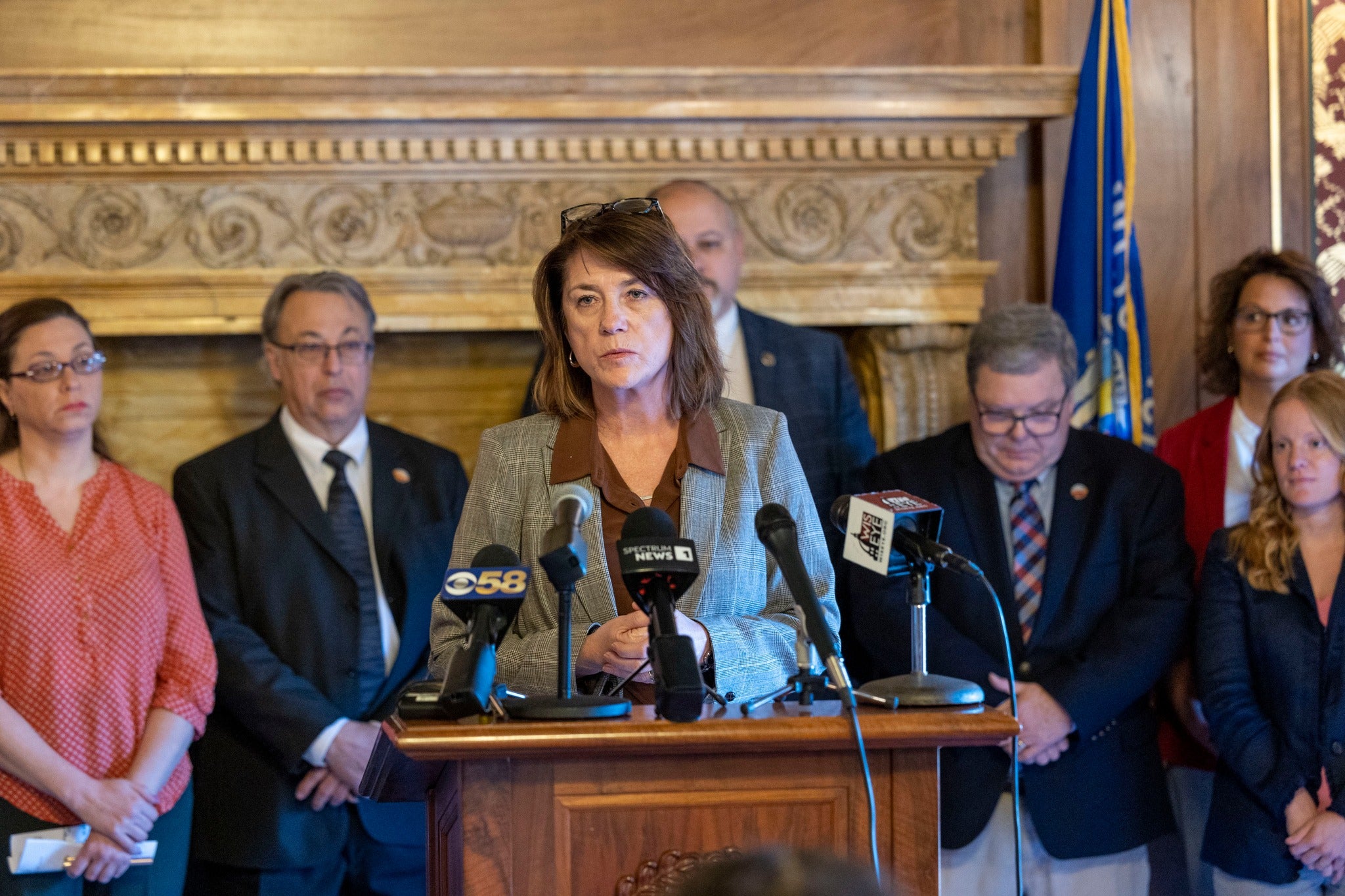Elective surgeries are still moving forward at Wisconsin hospitals, even as COVID-19 hospitalizations continue to rise to levels not seen in months.
According to the Wisconsin Department of Health Services, the seven-day average of hospitalized COVID-19 patients in Wisconsin was 755 people as of Aug. 24.
Hospitals throughout the state canceled procedures and even office visits in March of last year in an effort to conserve resources over the then-unclear impact of the pandemic. A spike of cases in fall of 2020 sparked more delays.
Stay informed on the latest news
Sign up for WPR’s email newsletter.
“It was not a good place to be,” said Dr. Michael Dolan, medical chief operating officer and executive vice president of Gundersen Health in western Wisconsin. “I really don’t want to go back to that point in time.”
Dolan said while surgeries that lead to hospital stays are being limited within the system, procedures aren’t being canceled, at least for now.
“With the cases we already have scheduled on the books, we feel like we can handle that volume,” said Dolan. “In discussions with some of my colleagues around the state, I can tell you that you get a different answer from every single person you talk to.”
Dr. Michael Landrum of Bellin Health in northeastern Wisconsin is an infectious disease specialist. He said hospitals have much more access to personal protective equipment and tests than in the early days of the pandemic, in addition to having a much better sense of how to handle COVID-19 surgery procedures safely.
“We’ve learned how to take care of COVID patients as we are taking care of all the non-COVID patients — you know, patients with other routine health needs,” said Landrum.
Landrum said the system is aiming to maintain capacity as much as possible, though he added, “it’s becoming more challenging by the week.”
“There’s only so much that we could do to accommodate, but for right now, we’re tight. But we’re doing OK,” said Landrum.
UW Health’s medical director of infection control Dr. Nasia Safdar said while current numbers are “disappointing” and “not ideal,” COVID-19 vaccines have made a difference.
“If we think about if people hadn’t been vaccinated, how much worse it would be from that standpoint, you know, it’s not as bad as it could have been,” said Safdar.
Safdar said for the most part, decisions on whether to postpone elective procedures depend on the daily state of affairs.
“There are some things where the decision is pretty easy in the sense that if you suddenly have an influx of COVID patients, and you need to repurpose your operating rooms to ICU rooms to take care of them, well then you obviously have to cancel elective surgeries because you no longer have the space for it,” said Safdar. “Short of that, it’s the daily review of how many patients are admitted, what are their care needs, what are the staffing requirements?”
Safdar said if procedures need to be pushed back, UW Health has a communications plan in place to reach out to patients.
“Generally, we reach out on a one-to-one basis with the patients whose procedure may need to be postponed to discuss whether it really is appropriate for it to be postponed, make sure they’re doing OK, and then come up with a tentative date for when they could have it,” said Safdar.
As for Dolan with Gundersen Health, he said he understands how disappointing a postponement or cancellation can be.
“That can be disheartening, and we know that,” said Dolan. “We try to weigh all of those factors … into that decision before we pull the trigger.”
Dr. Richard Helmers, regional vice president for Mayo Clinic Health System in northwestern Wisconsin, told WPR that the system has “learned a great deal in the past year and a half about how we can continue to provide care in the midst of a pandemic.”
“Postponing some elective care to make staff and resources available to deal with COVID-19 cases remains an option that we would use only if it is absolutely necessary,” Helmers said.
Mayo Clinic changed its visitor policy in northwest Wisconsin Monday in response to rising case counts.
A spokesperson for Froedtert Hospital in Milwaukee, meanwhile, said there’s no current plans to cut back procedures there.
Wisconsin Public Radio, © Copyright 2025, Board of Regents of the University of Wisconsin System and Wisconsin Educational Communications Board.




